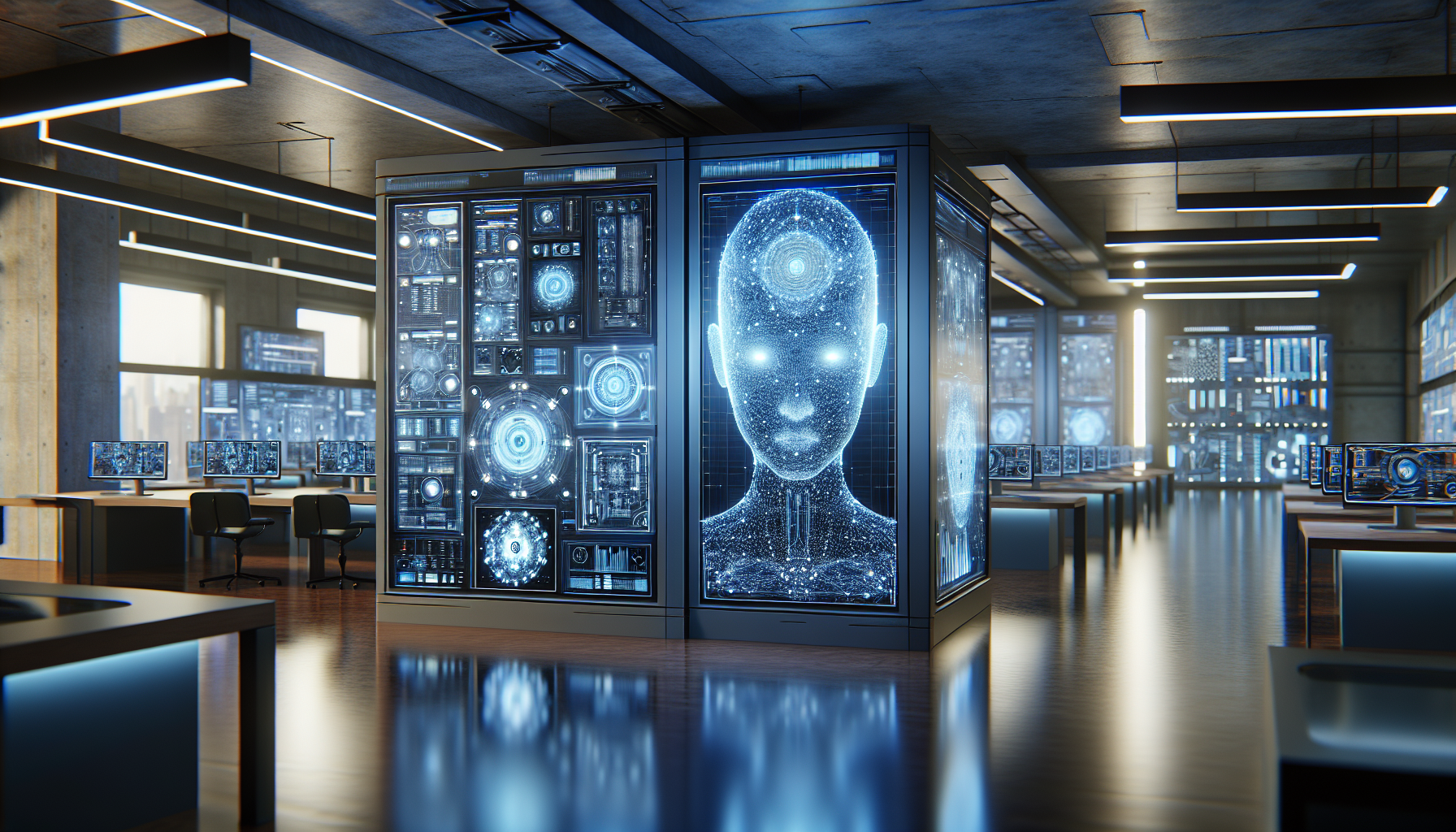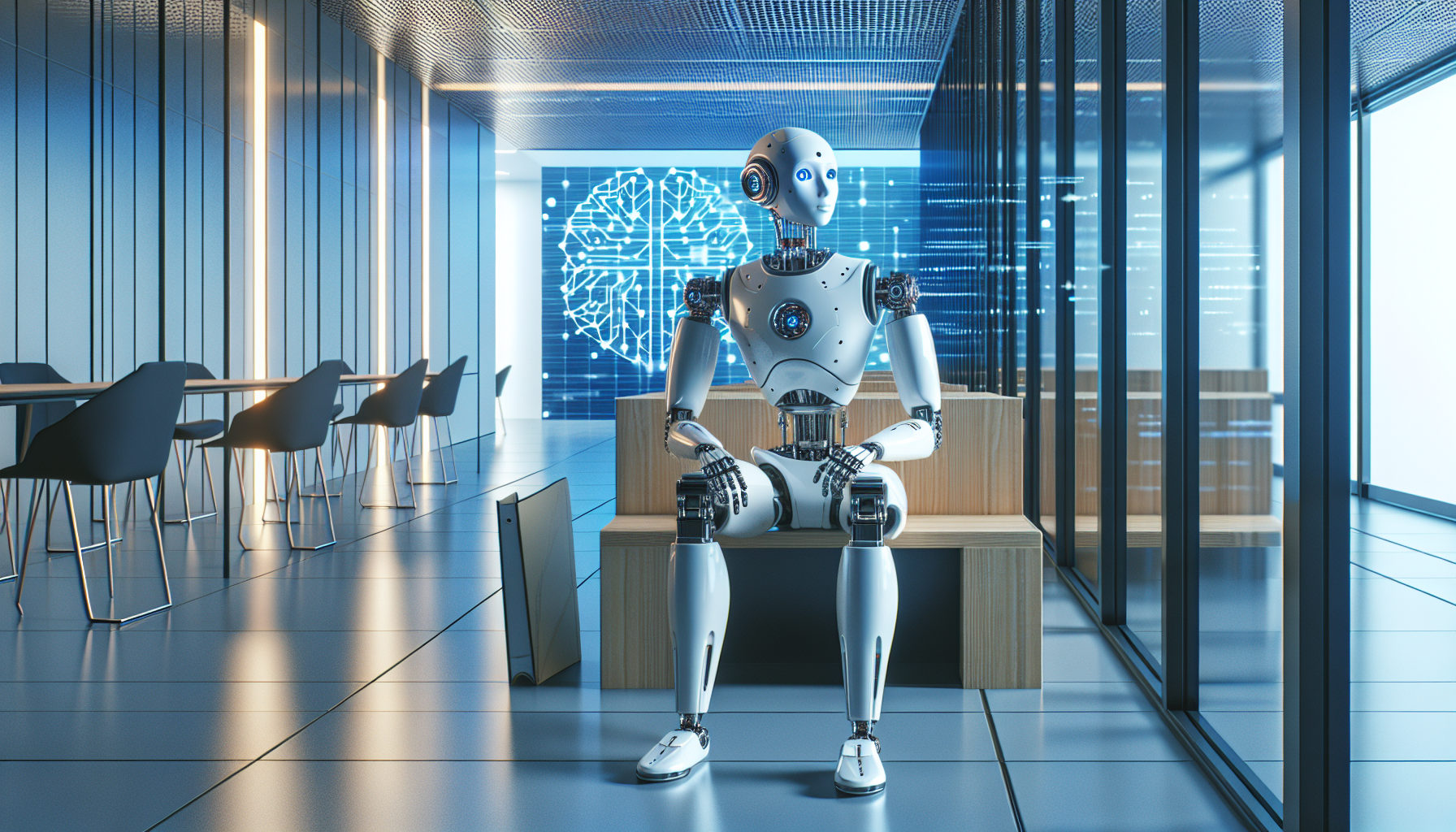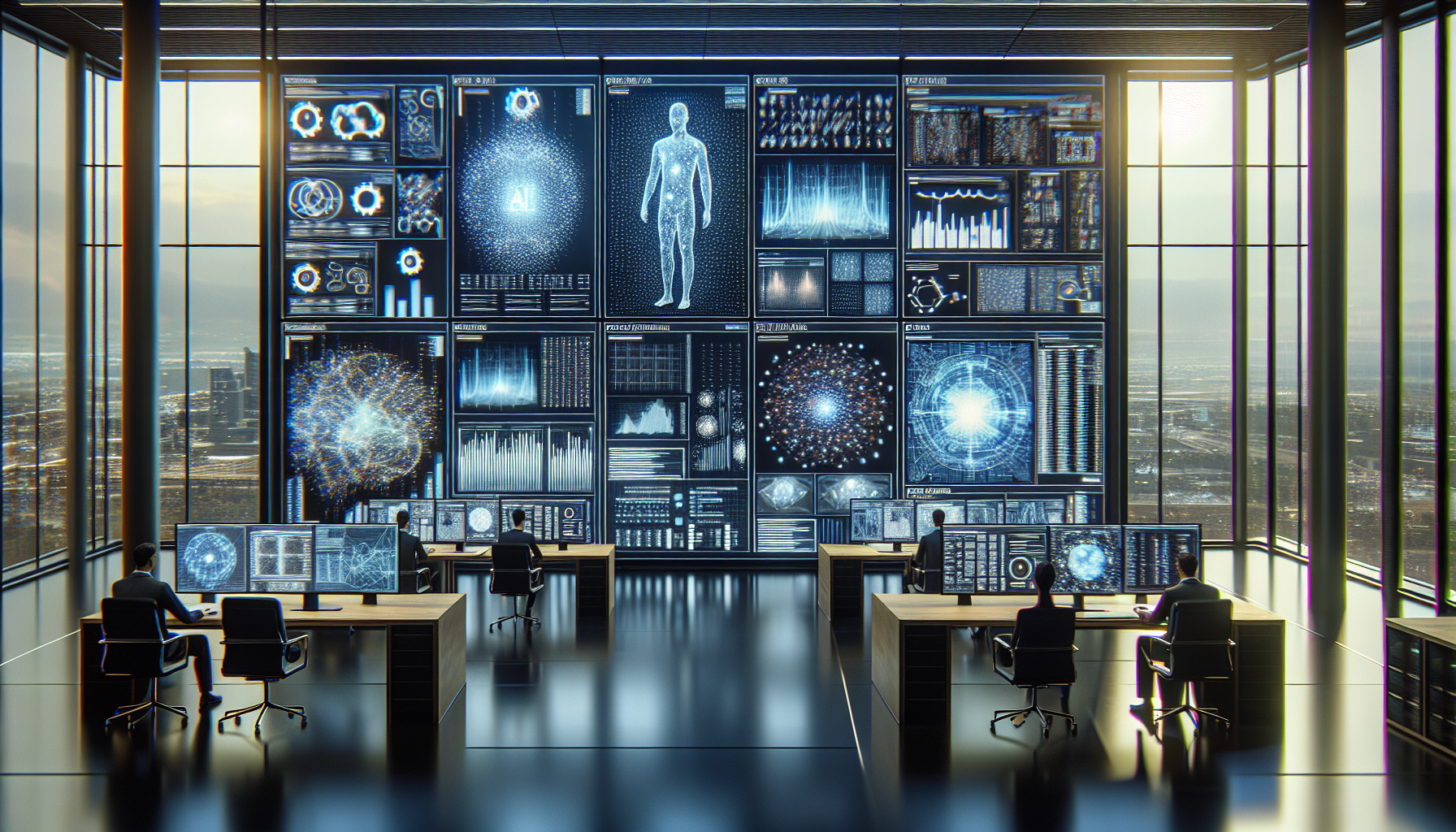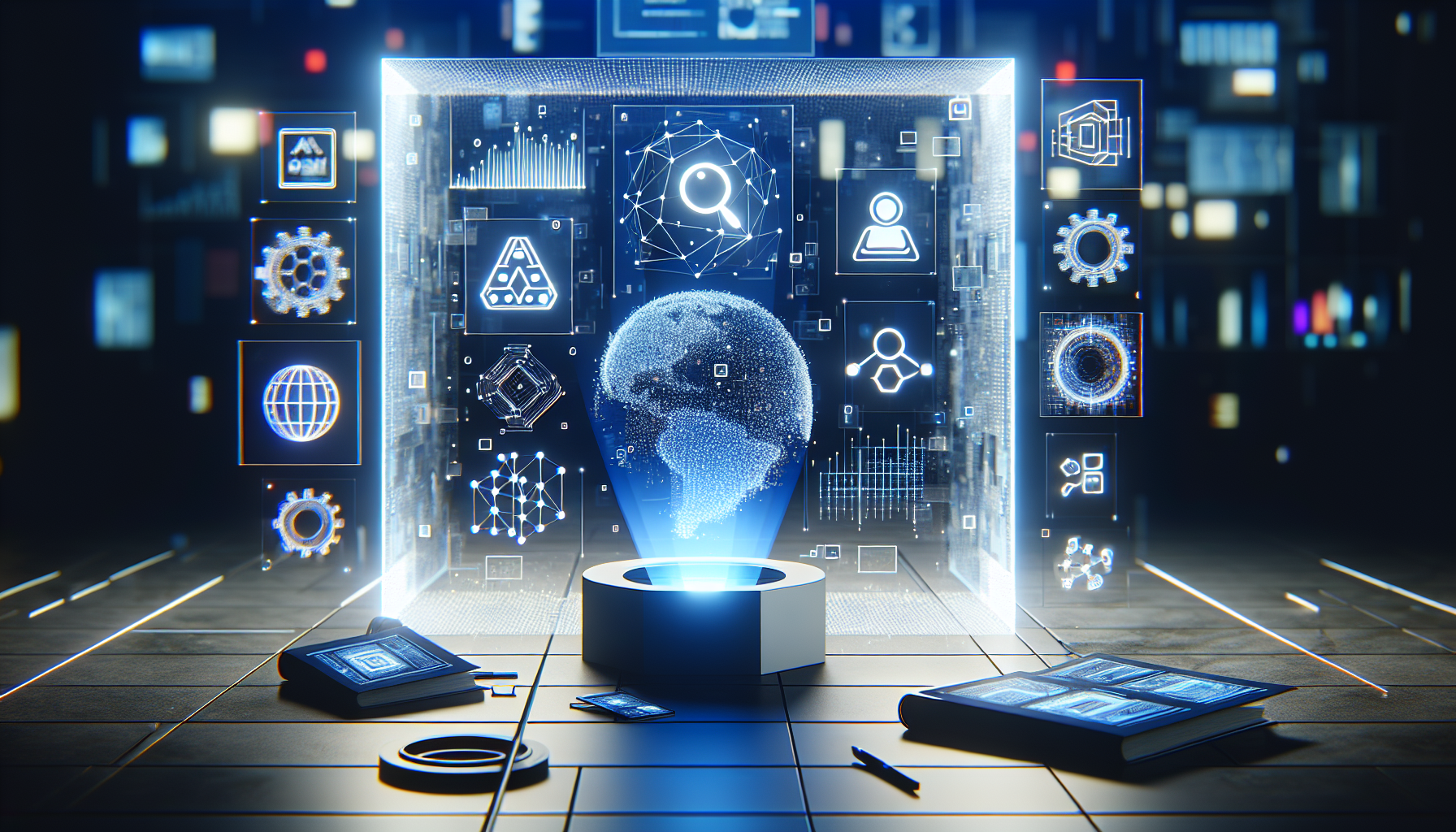
Transforming Minds: How AI Inspires Positive Change in Human Behavior
November 1, 2025
The sun was setting over a small town in rural India when a young teacher, Priya, first encountered the transformative power of artificial intelligence. Her classroom, a humble space filled with eager faces, was about to become a beacon of change and inspiration. Priya had always believed in the potential of her students, but limited resources often hindered their learning experiences. That was until AI stepped into the picture, not just as a tool but as a catalyst for psychological and behavioral evolution.
Incorporating AI into her teaching methods, Priya used intelligent tutoring systems to personalize education for each student. This wasn't merely about improving academic results. What unfolded was a remarkable shift in the students' attitudes and behaviors. AI's adaptability allowed each child to learn at their own pace, fostering a newfound sense of confidence and curiosity.
One student, Arjun, who had struggled with traditional learning methods, began to thrive. The AI's ability to provide instant feedback and adapt to his learning style made him more engaged and enthusiastic about his studies. Arjun's transformation inspired his peers, creating a ripple effect of motivation and self-belief throughout the classroom.
This case study highlights an intriguing aspect of AI: its capacity to influence human psychology positively. The tailored learning experiences not only bolstered academic performance but also instilled a growth mindset in students. With AI's help, students learned to embrace challenges, view effort as a path to mastery, and understand that intelligence can be developed.
Priya's story is not isolated. Across the globe, AI is quietly reshaping human behavior in profound ways. In healthcare, for instance, AI-powered mental health apps are breaking barriers by making psychological support more accessible. These applications use machine learning to offer users personalized coping strategies and mindfulness exercises, empowering individuals to manage their mental health proactively.
Consider the case of David, a software engineer in San Francisco who had battled anxiety for years. Traditional therapy, while beneficial, wasn't always practical due to his hectic schedule. Turning to an AI-driven mental health app, David found solace in its round-the-clock availability and personalized guidance. The app's ability to analyze his inputs and moods provided him with insights that were both enlightening and healing. Over time, David noticed a reduction in his anxiety levels and an improvement in his overall well-being.
Such examples illustrate the unique potential of AI to foster positive psychological effects. At its core, AI's ability to analyze vast amounts of data and recognize patterns allows it to offer insights and solutions that were previously unimaginable. By doing so, it not only addresses individual needs but also encourages a broader cultural shift towards embracing technology as a partner in personal development.
Yet, the journey is not without its challenges. As AI continues to integrate into various aspects of life, concerns about privacy, dependency, and ethical considerations remain prevalent. However, these challenges also present opportunities for growth and innovation. By addressing these concerns head-on, society can harness AI's potential responsibly and ethically, ensuring that its impact is both positive and sustainable.
The journey of AI and its impact on human behavior is a testament to the power of innovation and collaboration. As humans and machines continue to learn from each other, the possibilities are boundless. AI's influence extends beyond the individual; it has the potential to inspire communities, reshape educational paradigms, and redefine mental health support.
Priya's classroom, David's renewed sense of calm, and countless other stories around the world remind us of AI's transformative potential. These narratives inspire us to envision a future where technology and humanity coexist harmoniously, each enhancing the other.
As we stand on the cusp of this new era, we must ask ourselves: How can we continue to leverage AI to inspire positive change? What new possibilities await as we further integrate AI into our lives? In seeking these answers, we embark on a journey of exploration and discovery, one that promises to transform not just our behaviors, but the very fabric of our society.


